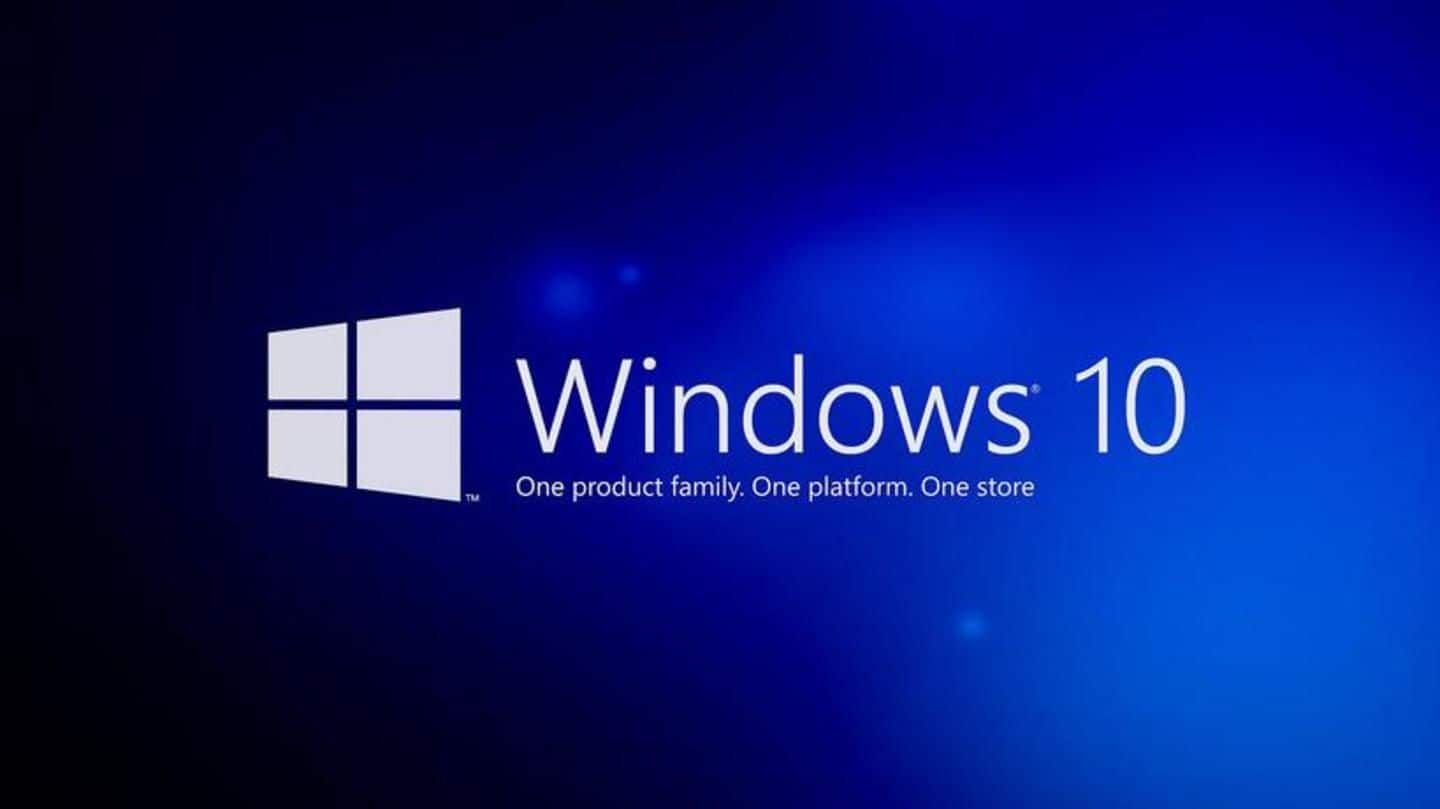
Latest Windows 10 plagued by another file-compromising bug: Details here
What's the story
Ever since the latest iteration of Windows 10, aka the October 2018 update (build 1809), started rolling out, users have been facing a number of problems. First, it was the menacing file-deleting bug, then the audio issues, and now, there's another bug, one that is compromising the file extraction process. It has affected several users, posing a major risk of data loss. Here's more.
The issue
No prompt on file extraction
According to several reports posted on Reddit and AskWoody, the process of extracting zip files via Windows Explorer appears to be affected. Essentially, whenever a user is un-zipping files to a folder that already has copies of those files, the OS is not giving a prompt for conflict of action. In other words, it doesn't ask whether the files should be overwritten or not.
Data loss
This silent bug could lead to data loss
While some users say the bug is silently overwriting the files, others have stressed it is just failing, without extracting the files into the destination folder. This poses a risk of file loss because anyone could accidentally overwrite a file or delete the original zip believing its file had been extracted. In our test, the files were not being overwritten when being extracted.
Solution
However, there might be a workaround
Though the problem has been spotted by several users, it only appears to affect Windows Explorer's extraction functions. This means you can use any other third-party tool (maybe WinRAR or WinZip) to unzip a particular compressed file. Using this way, the file will be extracted and you'll get a regular conflict action prompt, just like before.
Official fix
Update from Microsoft could come soon
As of now, Microsoft has neither addressed nor detailed the root cause of this issue. However, it is expected that the Redmond giant will take note of the problem and soon release an official fix in the form of a cumulative update. If you've already rolled back to the previous version, just stay there until Microsoft releases the fully cured Windows 10 update.